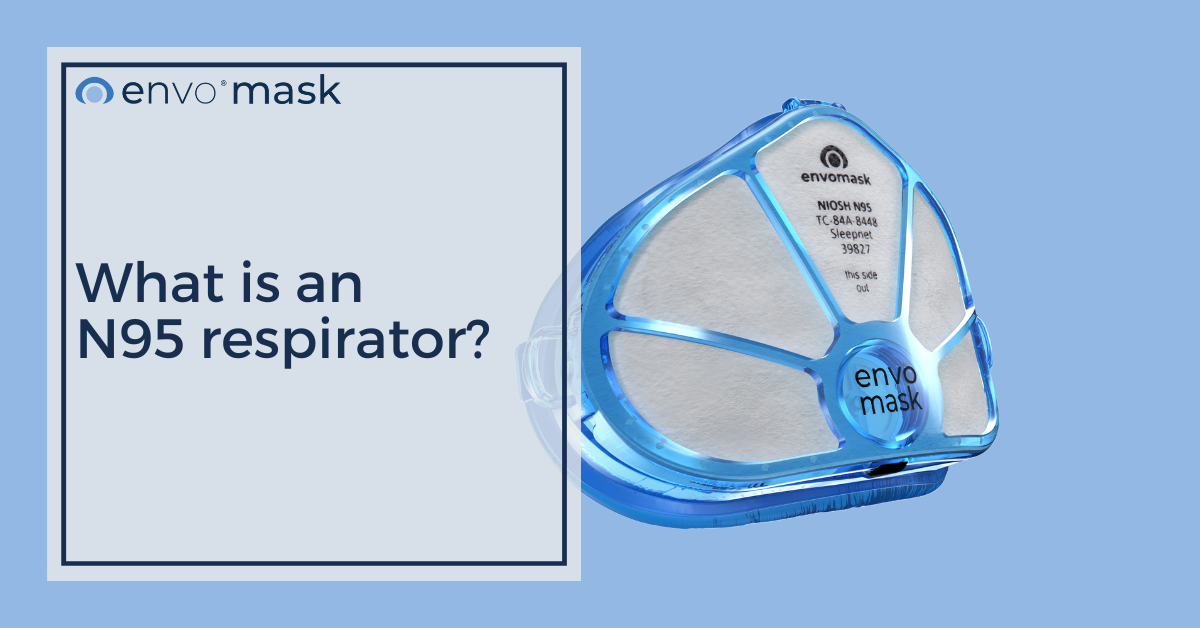The global public health crisis starting in 2020 catapulted mentions of N95 respirators and masks into the mainstream media and the common vernacular in the United States. With the onset of COVID-19 and its variants, many public health experts recommended using N95 respirators instead of cloth masks. These recommendations further heightened the public’s awareness of N95s. In the past, workers across industries ranging from healthcare to construction typically wore respirators with N95 filters to protect against environmental work hazards and particulates, such as dust, pollution, smoke, and viruses. They are now commonly worn by the general public to protect against the COVID-19 virus.
N95 respirators (often mistakenly referred to as N95 masks) are a type of personal protective equipment (PPE). The U.S. Department of Labor’s Occupational Safety & Health Administration (OSHA) defines PPE as “equipment worn to minimize exposure to hazards that cause serious workplace injuries and illnesses.” N95 respirators are rigorously evaluated and approved by the National Institute for Occupational Safety and Health (NIOSH), a research institute within the Centers for Disease Control and Prevention (CDC). Workers can wear this type of respirator to mitigate the risk of airborne transmission of pathogens.
The N95 designation refers to filter performance, where “N” means non-oil proof and 95 represents the percent of particle collection at respirator certification test conditions. There are P (oil proof) and R (resistant) filters, as well as filters with 99% and 100% particle collection (at test conditions). Any filter with any combination of N, P, R and 95, 99, 100 will collect airborne infectious particles from someone with COVID-19.
N95 filters are tested with particles in the most penetrating particle size and at high flow rates. An N95 filter will collect at least 95% of all particles at typical, lower breathing rates. Since NIOSH tests filters at the most penetrating particle size, filters collect smaller and larger particles than the most penetrating particle size with higher efficiency. The respirator filter will collect all particle sizes with very high efficiency, even if the wearer is breathing hard.
One of the most crucial differences between N95 rated respirators and cloth masks is how they fit and seal to the user’s face. N95 rated respirators are designed and expected to prevent gaps between the product and the wearer’s face, resulting in a tight-fitting face seal. Good fit, or low leakage of particles around the facepiece, is only possible if the filter is highly efficient and the breathing resistance is low. Cloth and surgical masks may be easy to breathe through, but their filters do not collect particles with high efficiency, and they don’t prevent leakage around the facepiece.
Envo mask is a reusable NIOSH approved N95 respirator built for comfort, sealed protection, and long-term wear. It offers protection against viruses, wildfire smoke, pollution, construction dust, and more. The envo mask is manufactured in the U.S.A. by Sleepnet Corporation and distributed by Clear Air LLC. To learn more about our NIOSH approved products, visit the envo mask store today. Breathe easy wherever you go with envo mask.
